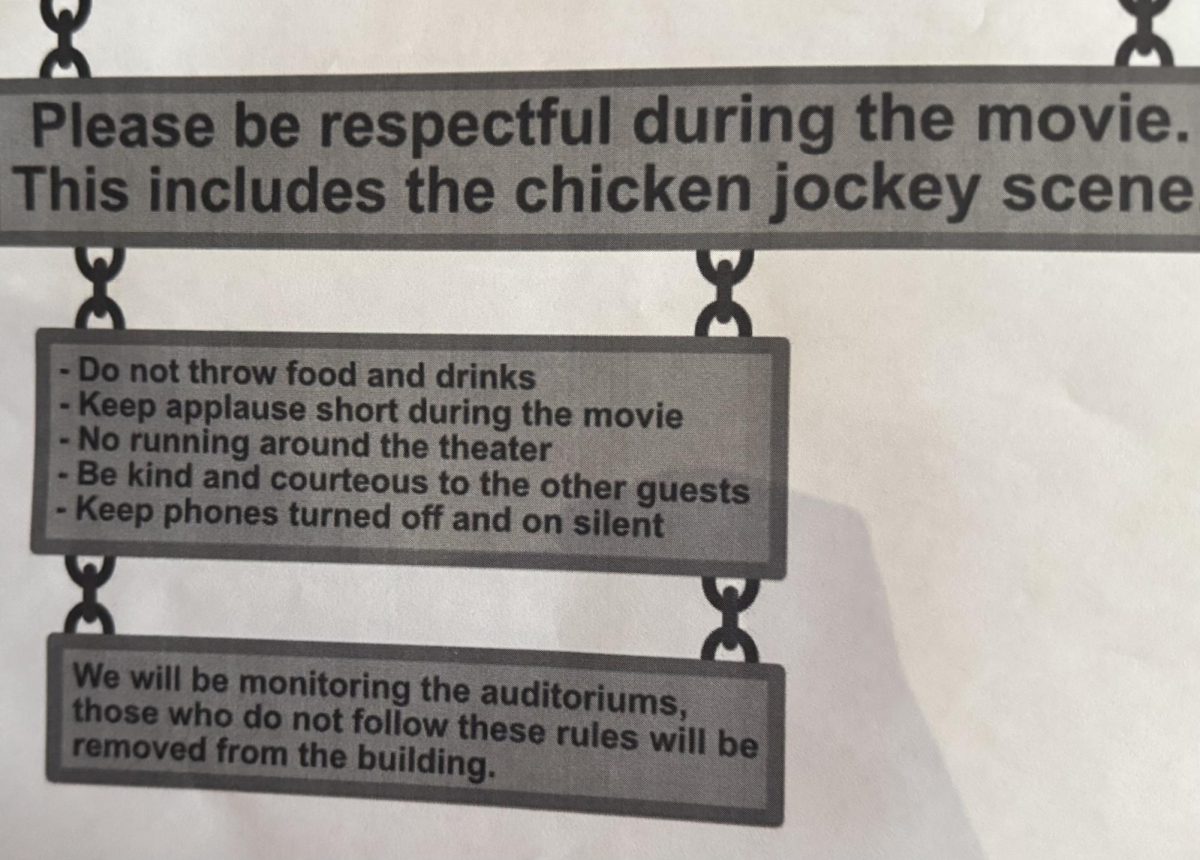Libya is back in the news. Last Thursday, the country’s Supreme Court declared its UN-backed parliament unconstitutional. A day before, gunmen seized its largest oil field. But they say they’re giving it back soon. Libya is in shambles. Things have gotten bad enough for Secretary of State, John Kerry, to concede to the Boston Globe that, “we need to be able to, frankly, do more than we’re doing.” That was in May, when people still described Libya as “increasingly unstable” and not as “a failed state,” as many do now.
There’s another reason for mentioning Kerry. Three years ago, he was among the advocates of the 2011 NATO intervention in the country. Little of the current predicament makes sense without first understanding the intervention. That Libya is presently split in half by rival military alliances; that it has two governing bodies competing for legitimacy; that radical Islam has begun to assert itself—none of these developments would have been possible were it not for the intervention. And the intervention itself would not have been possible were it not for Qaddafi.
When the Arab Spring reached Libya in February 2011, Muammar Qaddafi, the country’s dictator since 1969, responded to calls for greater freedom with state-sanctioned brutality. But the international community reacted quickly: first with sanctions, next a no-fly zone, and then in March, with airstrikes. The country was in rebel hands within two months; Qaddafi was dead within a few more.
Analysis often stops there. Both proponents and critics of the intervention tend to limit their commentary to the short-term. For proponents, the speediness of NATO’s response and its legitimacy under UN law make it a model for humanitarian intervention. For critics, the opposite seems obvious: The airstrikes actually backfired, reinvigorating the conflict just as it was drawing to a close. Besides which, critics point out, civilian welfare was always a secondary interest to toppling the Qaddafi regime.
That last bit of cynicism is perhaps only partly warranted. Of course, humanitarian intervention is never just humanitarian; national interest never goes away. Yet the Libyan one was spearheaded by a group of liberal interventionists, not neoconservatives. Prominent members of the Obama administration such as John Kerry, Samantha Power, and Susan Rice all supported the NATO effort. Their belief, then and now, is that the US should play a key role in ending human rights abuses worldwide. I think they mean what they say.
They even have a guiding principle: Responsibility to Protect (R2P). Codified into the UN Charter in 2005, R2P elaborates the circumstances under which action is obligatory. Many claimed that the interventions of the 1990s—in Iraq, Somalia, Rwanda, Bosnia, Kosovo, and elsewhere—occurred too late, were haphazardly executed, or should not have transpired at all. R2P tries to ensure that intervention will only take place under the right conditions and for the right reasons. Large-scale killing and ethnic cleansing qualify as the right conditions. Halting or averting human suffering qualifies as the right reason.
If R2P strikes you as quixotic, some skepticism is understandable. A survey of US foreign policy inspires little confidence. Why not take intervention out of the picture? Better to substitute military action with long-term public health investment, disaster relief, and hospitality to refugees. These non-violent alternatives bypass the tricky moral and political questions that intervention raises. For instance, few cried, “Neo-imperialism,” when Red Cross workers poured into a typhoon-struck Philippines last year with boxes of food. Disaster relief is rarely controversial.
But other times the answer is not so straightforward. Even now, to think of the collective silence that met the Rwandan Genocide is to feel the guilt of inaction. Is there no such thing as a humanitarian intervention? Is force, though awful, never justified? If one can produce even a qualified “no” to these questions, then R2P begins to make some sense.
Part of R2P’s appeal is that it transforms the phrase “right to intervene” into “responsibility to protect.” A country’s obligation to respect its citizens’ human rights originates from within. No one else—not the US or the UN—shares that particular state’s duty to its people. Under R2P, only when that basic obligation is violated in the most egregious manner does responsibility shift to the international community. When this shift happens, intervention should always be the absolute last resort.
Yet, if there is a responsibility to protect—and this goes back to Libya—then surely there is also a responsibility to rebuild. Tripoli lay in ruins after the intervention. Possibly worse, it had no government. But after the airstrikes, these pressing concerns disappeared from front pages. No NATO peacekeeping force was deployed. Top security advisors departed. Only a meager UN mission remained to facilitate transition. Given the prevalence of rebel militias, security sector reform—rehabilitating the army, police, etc—should have been a top priority.
This does not amount to a kind of colonialism. An international organization that hobbles a country’s government should be tasked with helping it back onto its feet again. Transitional justice, security sector reform, public health programs, and other long-term plans help guarantee that intervention’s aftermath is not worse than its preconditions.
As Libya reenters world news, one wonders why it ever left. Some cautioned against triumphalism at the time of intervention. They warned of a descent into civil war. With that forecast fast becoming a reality for Libyans, liberal interventionists must be more willing to commit time and resources towards the future, to what happens after intervention.







Dylan Dyer • Sep 12, 2019 at 3:42 am
I want to get across my passion for your kind-heartedness for individuals who should have help on this particular concept. Your real dedication to passing the message up and down came to be extraordinarily significant and has usually allowed girls just like me to arrive at their desired goals. Your new invaluable facts can mean much to me and still more to my office colleagues. Warm regards; from each one of us.
Tracey Wilkins • Sep 10, 2019 at 9:02 pm
Highly energetic blog, I liked that bit. Will there be a part 2?
Lillian Hodges • Sep 8, 2019 at 9:55 am
Please add new video lessons related to cooking if you have, because I desire to learn more and more regarding all recipes of cooking.